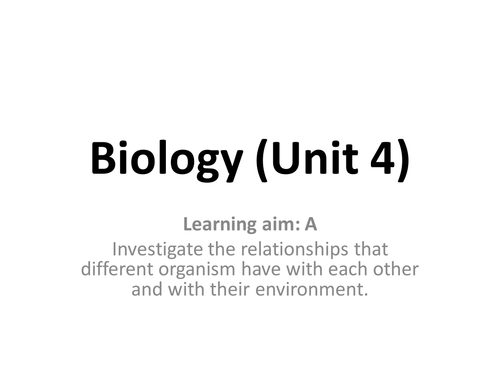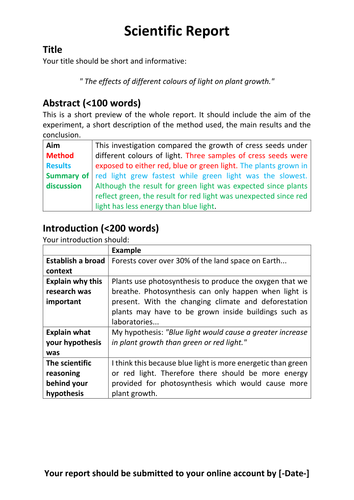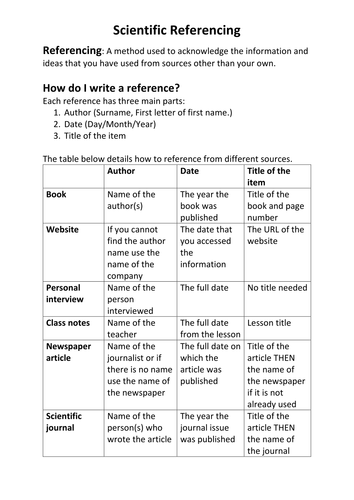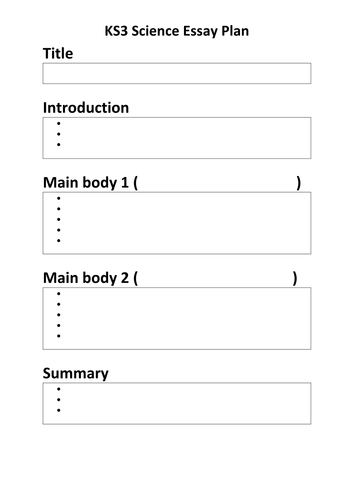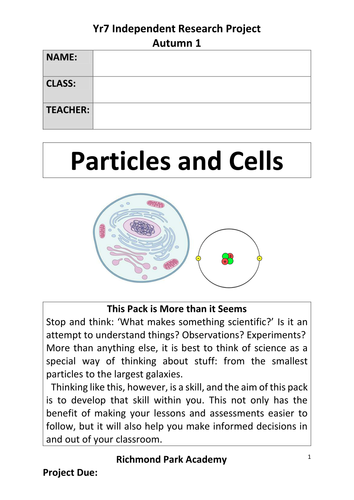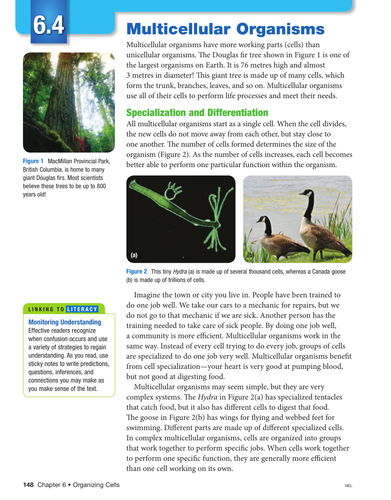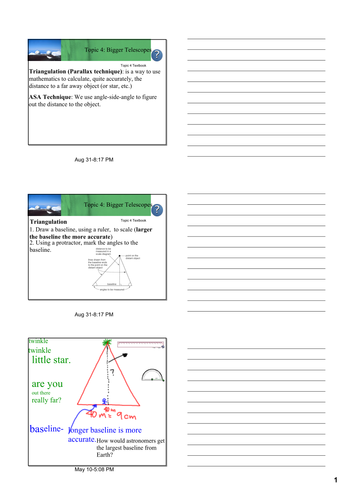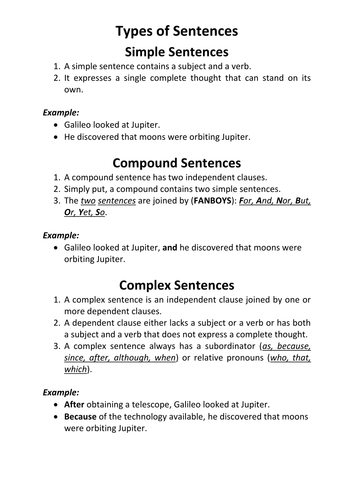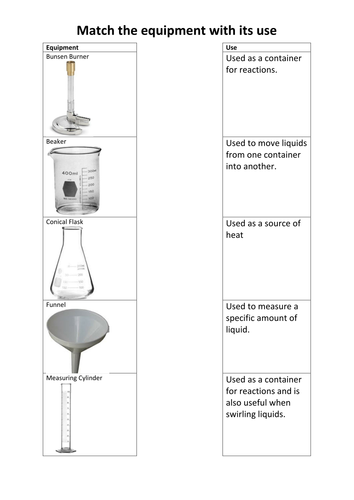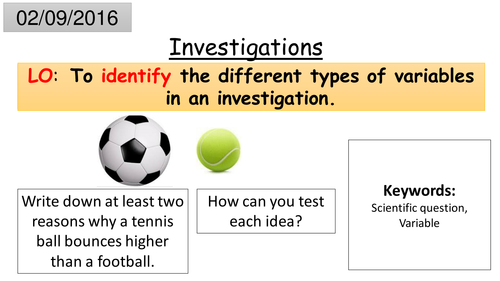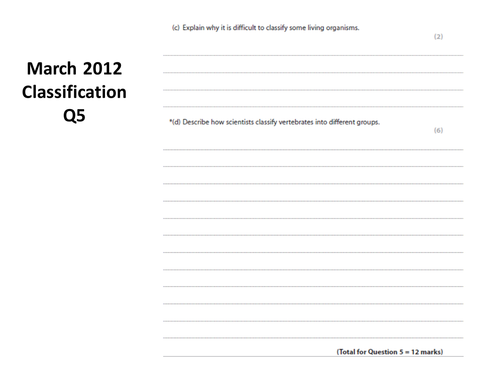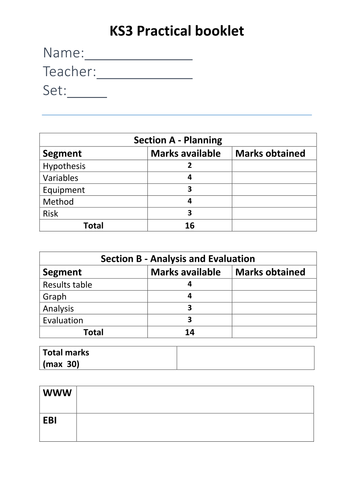243Uploads
112k+Views
55k+Downloads
All resources

Main life stages
BTEC Tech Award Health and Social Care Component 1
Learning aim A: Understand human growth and development across life stages and the factors that affect it
Learning aim A1: Human growth and development across life stages
Lesson 1: Main life stages
[Component 1, A1, Main life stages]

NEW BTEC First Principles of Applied science
Coursework section. Before each task I'll give a brief introduction with some questions so they get use to the knowledge in the topic. These worksheets detail the scenarios and work that should be present in their coursework. Given to students at the start - may be good to also give them a due date for each task. It is probably best to have access to laptops/pcs. GOOD LUCK GUYS *LOVELY BTEC*!!!!!!!!!

Scientific Report
Models how students should write out a scientific report:
*) Abstract
*) Introduction
*) Method
*) Results
*) Discussion

Scientific Referencing
This is probably most appropriate for A-Level and GCSE students but I have been pushing my top KS3 students to get used to this way of writing.
Shows how to reference: books, videos, websites etc..

KS3 Scientific Essay Plan
I found that a lot of my KS3 were simply copying and pasting information for homework.
This was designed to get them to have to think critically about the information they are including.
Ideally, they follow the plan and you give feedback which they use along with the plan to write the actual essay.

Year 7 Homework Booklet (Particles and Cells)
This booklet was created to ensure consistency, and to develop scientific thinking skills. We have so much content to cover in lessons so this is a home resource which is designed to override homework. These activities include stop-motion activities, building 3D models and also scientific methods. Students should spend 6-8 hours in total on this booklet - a timetable is also incorporated in the booklet so that students can plan out which activities to attempt throughout the weeks before the due date.
As mentioned in the title, the two content units are Particles and Cells but at the end, there is also a scientific skills section which walks students through the scientific method. They will end up creating their own scientific questions, plan an investigation and write it out.
This booklet is 26 pages long but saves a lot of space by linking youtube videos where students will gain the necessary knowledge needed to complete the various sections (we all know students don't like reading a lot of information).
Also incorporated are GCSE questions that link to the KS3 content.
I hope you find this resource useful - Lagoondry

History of Life
A stand alone lesson. Outcomes:\nState what causes replication,\nDescribe the similarities and differences between RNA/DNA,\nExplain how fat molecules allowed natural selection of RNA molecules.

History of the Universe
A stand alone lesson. Outcomes:\nState how spectroscopy works,\nDescribe evidence detailing he features of the universe,\nCalculate distances using triangulation

Science literacy - Sentence types + examples
A worksheet to be stuck in pupils books or tables. Ideal for extended writing tasks.

Safety and Scientific Equipment (Introduction lesson 3/4)
Designed to be the third lessons for Year 7s (3/4).
Learning outcomes:
(*) Describe the use of different lab equipment.
(*) Identify the appropriate lab equipment for an investigation.
(*) Identify safety issues in an unsafe environment.
Students will learn the common equipment they will encounter in the lab and their function.
They will also learn how to measure liquids using equipment that form a meniscus.
There are also safety rules and also how to light a Bunsen Burner

Scientific investigations (Introduction lesson 2/4)
Designed to be the second lessons for Year 7s (2/4).
Learning outcomes:
(*) List the scientific method into the correct order.
(*) Identify questions that can be answered using science.
(*) Identify the different variables in Brainiac experiments.
Students will learn the difference scientific variables (Control, Independent, Dependent) and how to spot them in written situations and videos.
Students also learn what makes a question scientific using Wolfgang Pauli's "not even wrong" quote.

KS3 Science Yr7 Biology Student response sheets
A collection of student feedback sheets based on exam style questions.
Best used when you have identified an area of weakness.
This should help make marking meaningful.
Topics include Cells, Body systems, Reproduction,

KS3 Science Yr7 Physics Student response sheets
A collection of student feedback sheets based on exam style questions.
Best used when you have identified an area of weakness.
This should help make marking meaningful.
Topics include Forces, Sound, Light, Space

KS3 Science Yr8 Chemistry Student response sheets
A collection of student feedback sheets based on exam style questions.
Best used when you have identified an area of weakness.
This should help make marking meaningful.
Topics include Periodic Table, Separation Techniques, Metals and acids, The Earth

KS3 Science Yr7 Chemistry Student response sheets
A collection of student feedback sheets based on exam style questions.
Best used when you have identified an area of weakness.
This should help make marking meaningful.
Topics include Particles, Elements and compounds, Reactions, Acids and alkalis

KS3 Science Yr8 Physics Student response sheets
A collection of student feedback sheets based on exam style questions.
Best used when you have identified an area of weakness.
This should help make marking meaningful.
Topics include Electricity and Magnetism, Energy, Motion and pressure,

KS3 Science Yr8 Biology Student response sheets
A collection of student feedback sheets based on exam style questions.
Best used when you have identified an area of weakness.
This should help make marking meaningful.
Topics include Health and Lifestyle, Ecosystem, Adaptation and Inheritance,

KS3 Chemistry controlled assessment Full Resources (Rates of Reaction)
This resources was modelled using the AQA KS4 ISA system.
This resource contains:
*the practical workbook - fully scaffold with hints and prompts.
*mark-scheme
*Technician sheet
*Lesson power-points (this should last a week ~4 lessons)
*This particular practical investigates effect of concentration on reaction rate

Science 101 (Introduction lesson 1/4)
Designed to be the first lessons for Year 7s (1/4).
Learning outcomes: (*) State what an observation is. (*) Describe the difference between observation and inference. (*) Use data to formulate an inference about fossil distribution.
Also included are sentence types (Simple, Compound, Complex) with scientific examples to build literacy skills in later lessons.


